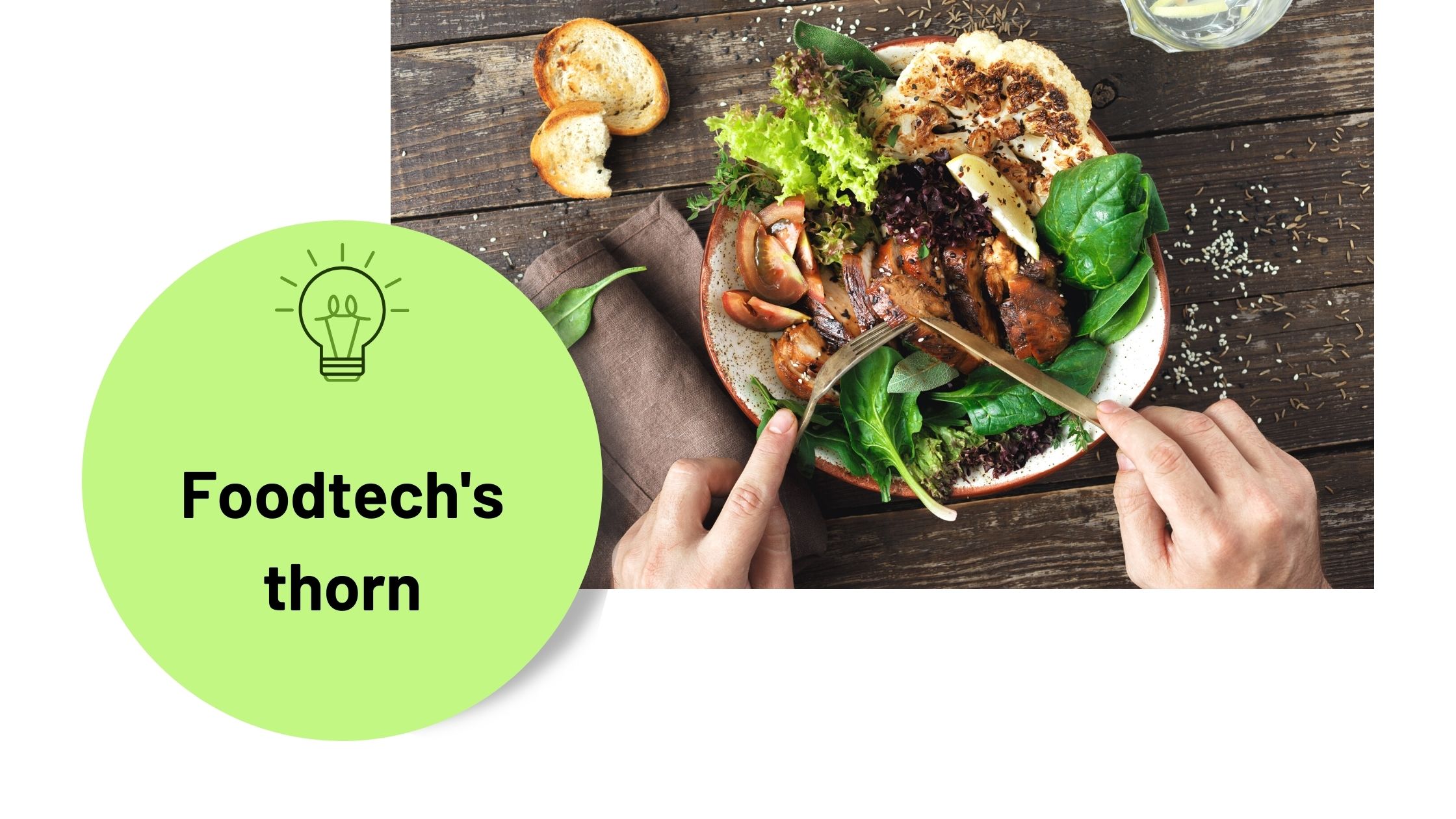Big brands, though, have moved away from this. “When OnePlus says they will launch on Amazon, they are also saying it will be on OnePlus stores and its site; no longer do you have the exclusivity you had earlier,” said Faisal Kawoosa, founder of tech analysis firm TechARC.
That’s one of the reasons companies like Appario are looking to increase the number of exclusives by focussing on smaller brands. For brands, the advantage lies in having assured returns—Amazon and Flipkart’s preferred sellers buy inventory outright. Sticking with these sellers also reduces the cost of distribution, while brands receive marketing, branding insights, and higher visibility through banner ads.
Why Amazon Needs to Address the Issues with Prime to Avoid Losing More Customers
Foodtech firms, on the other hand, entice restaurants into exclusivity through a more staggered approach—minimum guarantees and lower commissions. In an industry with high fixed costs, these go a long way. In a post-Covid world, though, terms that once worked for both platforms and suppliers don’t cut it anymore.
Despite some recovery, order volumes are tepid for both Swiggy and Zomato, with Swiggy witnessing a 70% drop in orders post-Covid, said a former strategy manager with Swiggy. Swiggy is renegotiating all its minimum guarantee agreements, saying it can only cover about 40% of the total amount owed to restaurants, the former executive said. From March, no new restaurants have signed up for exclusive agreements, he added.
Foodtech’s thorn

The National Restaurant Association of India (NRAI) has opposed the exclusivity contract binding restaurants that use access kitchens run by Zomato and Swiggy
If Swiggy is offering a restaurant Rs 2 crore (US$267,000) as minimum guarantee, we offer Rs 4 crore (US$534,000), a former executive at Zomato said, declining to be named as they are not authorised to speak to the press. The mandate for both companies is to ensure that 60% of orders in a city are from exclusive restaurants, the two former Swiggy and Zomato executives mentioned earlier said.
For popular Bengaluru-based eatery Truffles—one of Swiggy’s top restaurants by volume—Swiggy agreed to Rs 18 crore (US$2.4 million) as minimum guarantee for the year for exclusivity, one of the former executives mentioned above said. However, Truffles is reportedly one among the many restaurants considering withdrawing from exclusivity or renegotiating terms. We could not independently verify this.
Three restaurant owners we spoke with said though the partnership with both companies helped boost sales and volumes—along with the commissions dropping from upwards of 20% to a range of 12-13%—many are choosing to bow out.
“We were exclusive with Zomato for the entire last year and this year. Post-Covid, things have changed. Now, we are working with everybody. Times are abnormal. We discussed it with them and they were in agreement till this settled down,” Chetan Rampal, partner at Olive Group of Restaurants said. However, he did acknowledge that exclusivity, in normal times, makes sense, calling it a “win-win for brands and platforms”.
Interestingly, the owner of an Accelerator brand on Amazon almost echoed Rampal’s sentiment. He said the advantages of staying on one platform are massive.